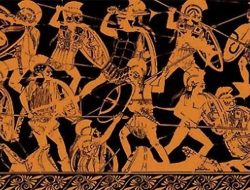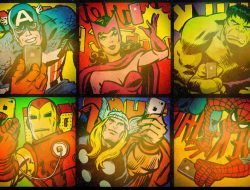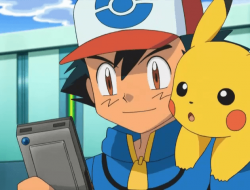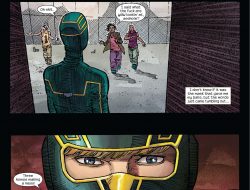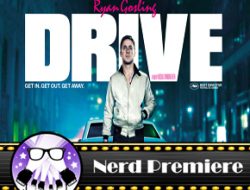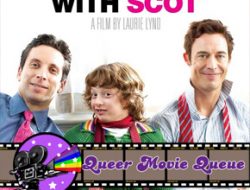Released in 1981 after being seized back from customs, Taxi Zum Klo is one of the first films to make it to America from foreign markets. In this time long ago, far away from the countless cheap direct to DVD covers of impossibly sculpted twenty somethings of current “queer cinema”, films of “queer interest” were limited to art houses and frequently butchered in the cutting room. Though LGBT culture and life had been explored in campier tones (Rope) or as tragic tales of consequence (Midnight Cowboy), few filmmakers simply observed their subjects in their environment. The movie starts with a plain invitation on a trip through one teacher’s life between obligation and opulence.
Taxi Zum Klo follows Frank bouncing back and forth between his drab and acceptable life as a schoolteacher and his adventures in Western Germany’s gay circles. Always impulsive, the hedonist zips between boys with the impulse control of the children he teaches, grading papers at gloryholes, finding time for coffee in between some S&M, and flirting with the boys at a drag dance. This isn’t Dancer from the Dance however. Very early on, the bleary camerawork and refusal use outside lighting or makeup to patch up imperfections hints that Frank won’t be the jolly old queen American audiences somewhat begrudgingly accepted the ’80s; rough, seedy and blunt, he isn’t going to sugarcoat his adventures.
Frank bounces around West Germany, unsatisfied with complacency. He decorates his apartment with glossy pictures and new technologies, but refuses to acknowledge what his something-of-a-partner Brend feels about his outside hookups. One telling argument over how they should spend dinner together shows how quickly relationships can oscillate between the joys of sharing life with one another and the fear of confronting your own demons when someone comes closer. Perhaps even more revealing is the reaction of Brend to Frank’s stay at a hospital while being tested for a venereal disease; rather than leaping into his arms, Brend criticizes him for his actions, hoping that he learns something from this. The film deserves some credit for creating multiple characters who have vastly different outlooks on consequence, life, and love without preaching any one.
Taxi Zum Klo is not a movie you’d want to watch with your parents. At the time it was seized from US customs and shown only at film circuits and for good reason. Even now, some of the content of the film is shocking and borderline detrimental to any sort of “gay rights” cause. However, it’s honest portrayal of the boredom that can come with everyday life, especially in marriage and relationships, is something to be admired. It also deserves some praise for showing gay people as something other than sassy poofs, and the chaos that can come from not being aware of the strings one pulls in life.
An odd journey to say the least, there is very little in the way of narrative or structure; you follow Frank about his daily life, get sidetracked, and ultimately end up at a cliffhanger with no resolution. There is a good deal to mull over, but no conclusion. Taxi Zum Klo is a time capsule of a film. Examining life before AIDS in Western Germany. Groundbreaking in it’s exploration of sex and relationships, Having recently been re-released for a 30th anniversary in April and is well worth the Netflix stream to witness times and mindsets that are both universal and very telling of Germany’s past.
Tags: film, gay film, netflix, queer movie queue, Taxi Zum Klo, West Germany

